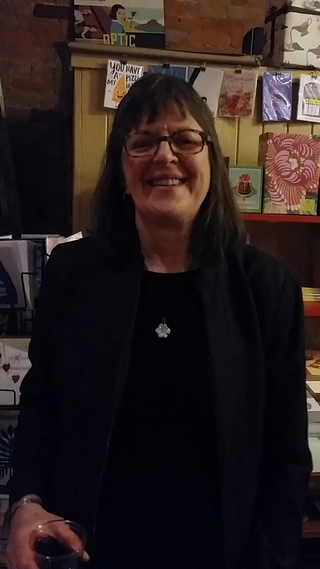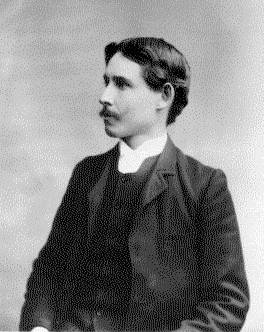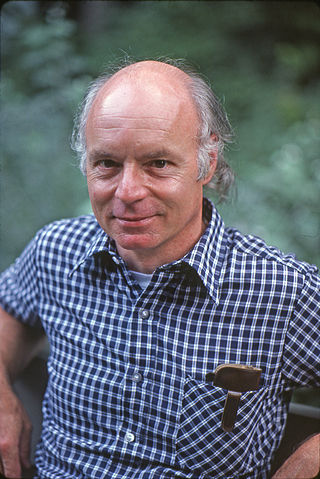Margaret Avison, was a Canadian poet who twice won Canada's Governor General's Award and has also won its Griffin Poetry Prize. According to the Encyclopædia Britannica, "Her work has been praised for the beauty of its language and images."

Dionne Brand is a Canadian poet, novelist, essayist and documentarian. She was Toronto's third Poet Laureate from September 2009 to November 2012. She was admitted to the Order of Canada in 2017 and has won the Governor General's Award for Poetry, the Trillium Prize for Literature, the Pat Lowther Award for Poetry, the Harbourfront Writers' Prize, and the Toronto Book Award.

Erín Moure Erín Moure is a Canadian poet and translator with 18 books of poetry, a coauthored book of poetry, a volume of essays, a book of articles on translation, a poetics, and two memoirs; she has translated or co-translated 21 books of poetry and two of biopoetics from French, Spanish, Galician, Portuguese, and Ukrainian, by poets such as Nicole Brossard, Andrés Ajens, Chantal Neveu, Rosalía de Castro, Chus Pato, Uxío Novoneyra, Lupe Gómez, Fernando Pessoa, and Yuri Izdryk. Three of her own books have appeared in translation, one each in German, Galician, and French. Her work has received the Governor General’s Award twice, Pat Lowther Memorial Award, A. M. Klein Prize twice, and has been a three-time finalist for the Griffin Prize and three-time finalist in the USA for a Best Translated Book Award (Poetry). Her latest is The Elements (2019) and Theophylline: an a-poretic migration will appear in 2023. Her work is rooted in a philosophical mix that accepts mystery, not always immediately accessible, and she has won several prizes, including the Governor General's Award twice.

Archibald Lampman was a Canadian poet. "He has been described as 'the Canadian Keats;' and he is perhaps the most outstanding exponent of the Canadian school of nature poets." The Canadian Encyclopedia says that he is "generally considered the finest of Canada's late 19th-century poets in English."
Stephanie Bolster is a Canadian poet and professor of creative writing at Concordia University, Montreal.
Mary di Michele is an Italian-Canadian poet and author. She is a professor at Concordia University in Montreal, Quebec where she teaches in creative writing.
Maggie Helwig is a Canadian poet, novelist, social justice activist, and Anglican priest.

Helen Humphreys is a Canadian poet and novelist.
Millicent Travis Lane is an American-born Canadian poet based in Fredericton, New Brunswick.
Roger Nash BA, MA, PhD (Exon) is a Canadian philosopher and poet. He was born in Maidenhead, Berkshire, England on 3 November 1942. He grew up in England, Egypt, Cyprus, Singapore and Hong Kong. He has a B.A. from the University of Wales (1965), an M.A. from McMaster University (1966) and a Ph.D. from the University of Exeter (1974).

Jane Hirshfield is an American poet, essayist, and translator, known as 'one of American poetry's central spokespersons for the biosphere' and recognized as 'among the modern masters,' 'writing some of the most important poetry in the world today.' A 2019 elected member of the American Academy of Arts & Sciences, her books include numerous award-winning collections of her own poems, collections of essays, and edited and co-translated volumes of world writers from the deep past. Widely published in global newspapers and literary journals, her work has been translated into over fifteen languages.
Shannon Bramer is a Canadian poet. Born in Hamilton, Ontario, she attended York University before publishing her first book, suitcases and other poems, which won the Hamilton and Region Arts Council Book Award. Over the next few years, she resided in Guelph, Ontario, where she helped found the Bookshelf Poetry Contest.

Richard Daley Outram was a Canadian poet. Often regarded as a poet's poet, he wrote eleven commercially published books of poetry in addition to the many collections of his poetry and prose published under the imprint of the Gauntlet Press. In 1999 he won the City of Toronto Book Award for his sequence of poems Benedict Abroad.
Anne Cochran Wilkinson was a Canadian poet and writer. She was part of the modernist movement in Canadian poetry in the 1940s and 1950s, one of only a few prominent women poets of the time, along with Dorothy Livesay and P. K. Page.
Maureen Hynes is a Canadian poet.
Jeanette Lynes is a Canadian author, poet and professor born in Hanover, Ontario. She went to high school in Hanover and Flesherton, Ontario. She then earned an Honours B.A. in English from York University, Toronto, and went on to earn an M.A. and a Ph.D. in English from York University. In 2005 she received an M.F.A. in Writing from the University of Southern Maine's low-residency Stonecoast Program. Jeanette has taught university in Canada and the United States since the mid-1980s. She was the Pathy visiting Professor of Canadian Studies at Princeton University in 2003. She is a former co-editor of The Antigonish Review. Lynes has been a Writer in Residence at Northern Lights College in B.C., Saskatoon Public Library, Kwantlen Polytechnic University and The Kingston Writers' Festival. She has also been on faculty at The Banff Centre and The Sage Hill Writing Experience (2006-2008) She is now Coordinator of the M.F.A. in Writing at the University of Saskatchewan and a professor in the Department of English at the University of Saskatchewan. Lynes is the author of seven collections of poetry and two novels.
Susan Elmslie is a Canadian poet and English professor at Dawson College in Montreal, Quebec.
Connie Fife was a Canadian Cree poet and editor. She published three books of poetry, and edited several anthologies of First Nations women's writing. Her work appeared in numerous other anthologies and literary magazines.

Milk and Honey is a collection of both abstract fiction and non-fiction poetry and prose by Indian-Canadian poet Rupi Kaur. The collection's themes feature aspects of survival, feminism and relationships, and is divided into four sections, with each section serving a different purpose and relevance to Kaur’s personal experiences. The sections further explore the themes of violence, abuse, love, loss, and femininity, accompanied by simple line art illustrations. These sections are titled "the hurting", "the loving", "the breaking" and "the healing". Kaur has cited her cultural background as an inspiration for the book's style, as well as an attempt to make the book more accessible to a wide demographic or readers. The book's simplistic style and themes have drawn forth some negative criticism and alleged rumours about Kaur herself. Critics have sometimes referred to Kaur's work as "Instapoetry" due to Kaur's usage of social media platform Instagram to market her poems and illustrations.
Colleen Thibaudeau was a Canadian poet and short-story writer. A graduate of the University of Toronto, she began writing poetry for a number of magazines under the pseudonym M. Morris in the 1950s to the 1960s before going to publish eight books during the 1960s to the 1990s. The League of Canadian Poets established an literary award in Thibaudeau's name and a play set to music based on her words was staged in London, Ontario in March 2013.






